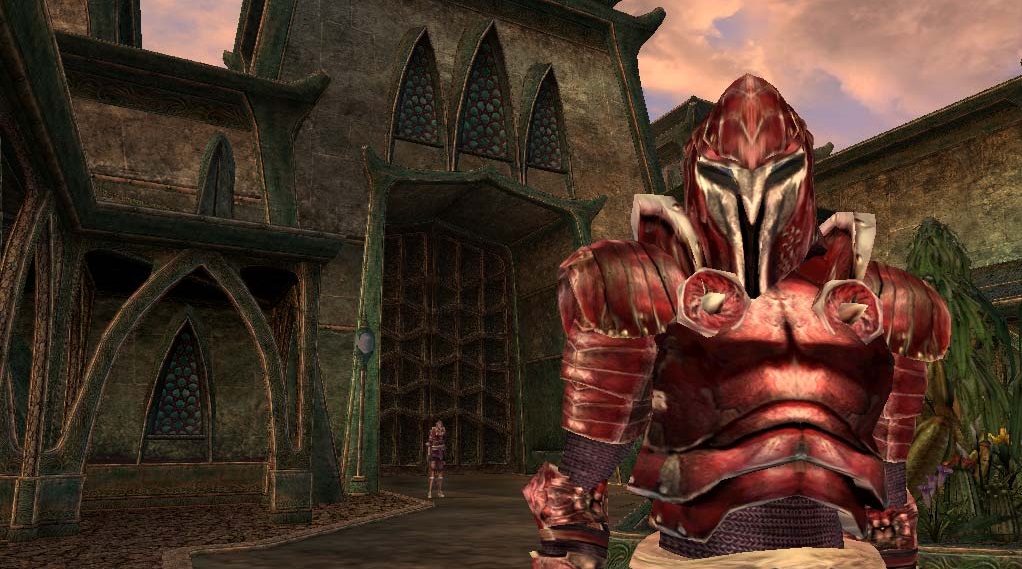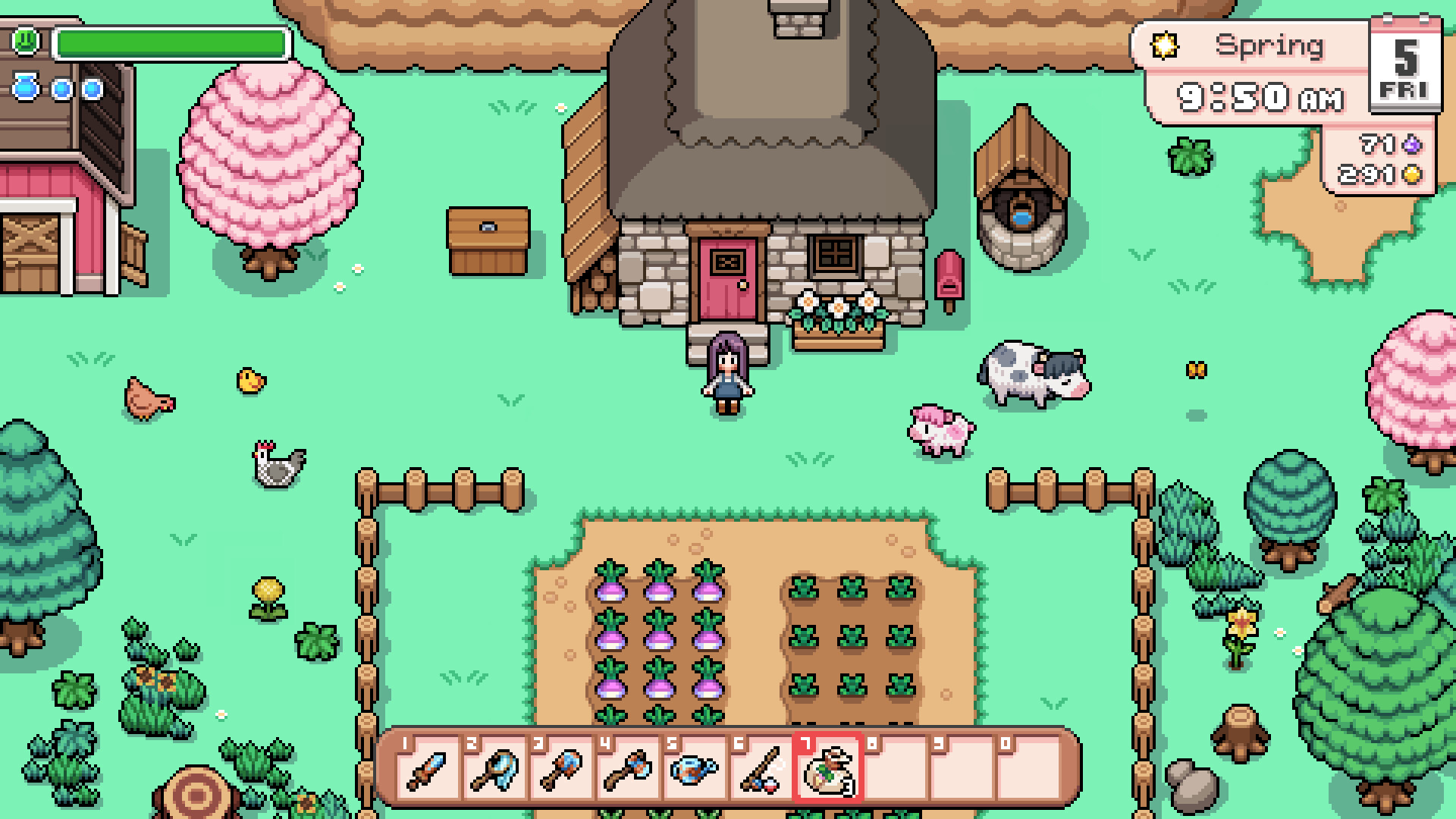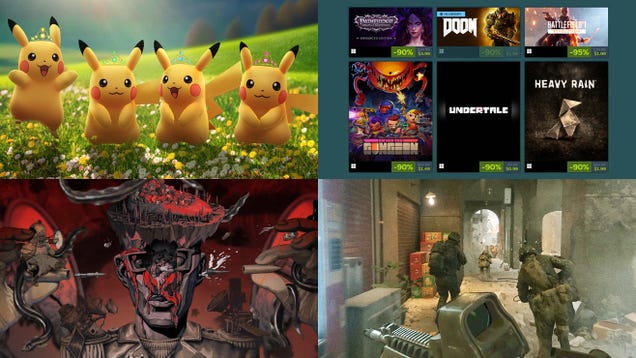
(M)oral compass.
Back in my day, we didn’t have these fancy-schmancy newfangled quest markers and compass points—we had to download add-ons if we wanted the minimap to tell us where our ten boars were, and then walk up the hill, both ways!
If you’ve been playing RPGs since the early 2000s, you’ve likely got a similar old man yelling at clouds in your soul. Simply put, open-world RPG design has slowly moved away from the discovery part of “questing”.
It used to be that quest givers in RPGs (both single-player and massively multiplayer) would rely far more on verbal instructions than UI elements. Morrowind in particular doesn’t even have a compass—locking every quest behind some local’s vague approximation of the land. That kind of design’s gone the way of the dodo, unfortunately, as per an interview with Elder Scrolls Online director Matt Firor in a piece on open-world design by RockPaperShotgun.
Games that have “no compass, no map,” where “literally the quests are like ‘go to the third tree on the right and walk 50 paces west'” just won’t reach a modern audience, Friar explains: “If you did that now, no one would play it. Very few people would play it. So now you need to give them hints and clues, and nobody wants to really devote that much time to problem solving. Like they want to go and be told the story, or interact with another player, or interact with an NPC.”
Rather bravely invoking Morrowind’s name, Frior goes on to add that “Morrowind is a great game obviously,” presumably because a mob had instantly gathered outside his place of residence with pitchforks, however: “the way it told its story with the open world is a little out of date for the type of gamers that we have now … they’re not all PC or generation-one console diehards, right, who are going to go out and invest as much time in the game as possible.
“You really want to make sure that it’s engaging and fun, and wandering around a field trying to gauge 50 steps from a tree is not part of that anymore. Which is kind of sad, because I’m old school.”
I am fully expecting my fellow PC Gamer writer and Morrowind lover Joshua Wolens, who isn’t in today, to appear outside my door with a sawed-off in the morning for this, but… I think Frior is bang on the money here. At least, from the somewhat-cynical perspective of someone trying to keep an MMO afloat.
I say this only because any MMO that’s tried to harken back to the halcyon days of hardcore raids has spontaneously combusted—Wildstar, we hardly knew ye. Similarly, no triple-A company in their right mind would make an RPG without a compass or quest markers, even if I’d be cheering them on from the sidelines for doing it. This is something even Elden Ring, a game deliberately designed to be obtuse, is relaxed about. You can even set your own markers on the map, the horror!
Speaking of Elden Ring, though, I do think it stands as a decent counterpoint to Frior’s words here. Navigating a FromSoftware game often involves a lot of puzzlework, especially if you want to follow NPC questlines—and that’s a title that’s seen a massive amount of mainstream success.
Mind, it’s also still possible to reach the end of Elden Ring while ignoring its side quests. Point Torrent in the direction of a landmark and you’re going to have an ‘intended experience’ once you get there. Engaging in the “50 steps from a tree” thing is mostly optional.
Ultimately, I think the kind of game Morrowind was can absolutely be replicated to great success, but the reality of the situation is that it’d be an experimental indie darling like Dread Delusion.
Instead, Frior maintains, the actually-marketable open world RPG strategy is to “make a space and then just populate it with things to do, and the players can do it in any order … sometimes you can’t figure out what the players are going to figure out, because they’re smarter than you. But that’s what the world is like too.”






